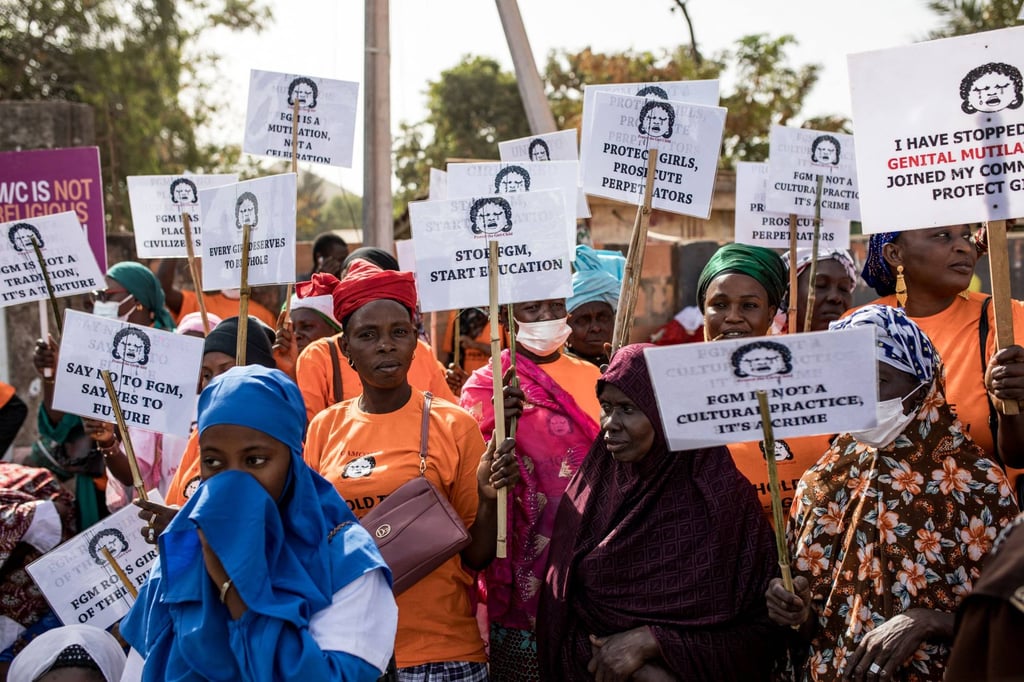Gambia upholds ban on female genital cutting: ‘huge sense of relief’
- Activists were worried that a reversal of the ban would overturn years of work against the practice that is often performed on girls younger than 5

Lawmakers in the West African nation of Gambia on Monday rejected a bill that would have overturned a ban on female genital cutting. The attempt to become the first country in the world to reverse such a ban had been closely followed by activists abroad.
The vote followed months of heated debate in the largely Muslim nation of less than 3 million people. Lawmakers effectively killed the bill by rejecting all its clauses and preventing a final vote.
The procedure, also called female genital mutilation, includes the partial or full removal of girls’ external genitalia, often by traditional community practitioners with tools such as razor blades or at times by health workers.
It can cause serious bleeding, death and childbirth complications but remains a widespread practice in parts of Africa.

Activists and human rights groups were worried that a reversal of the ban in Gambia would overturn years of work against the centuries-old practice that is often performed on girls younger than 5 and rooted in the concepts of sexual purity and control.
Religious conservatives who led the campaign to reverse the ban argued the practice was “one of the virtues of Islam”.
